If Jenkins is taking an unusually long time to restart the best recourse is to check the generated logs to see what may be wrong. However, even that may be of little help because many plugins try to be "quiet" by default, even if they are furiously working to load content. So if all else fails, you may have to resort to manually disabling plugins.
However here is a free tip: Some plugins are known to be messy. For example the Job Config History plugin we observed to write hundreds of thousands of records for both job configuration changes AND agent changes. Removing this plugin, and deleting the configHistory folder fixed one problem where our startup literally took > 4 hours.
In our case, the problem was we were launching ephemeral agents (via docker and/or kubernetes). Each new "agent" was treated as a configuration change. With thousands of agents per day, it didn't take long to fill up a substantial part of the disk with history that never was effectively cleared.
There are other plugins that leak data in this way. And you can also create self-inflicted wounds, e.g. by using a standalone process to remove "obsolete" files. An example where we were "bitten" is a process that tried to discard old build records, but did an incomplete job - and was "warring" with the running Jenkins process. Jenkins will try breaking its neck to load a build.xml record that is empty or incomplete.
Three more tips:
You can install the monitoring plugin. Often when the jenkins UI proper didn't start, we were able to see the /monitoring in action.
Likewise, /userContent can often be loaded even when the rest of the UI is not fully up.
Don't rule out bad actors. It just takes one aggressive script that tries, e.g. to load the entire build history and ship it back via a REST call to effectively deny service to all other UI users.

